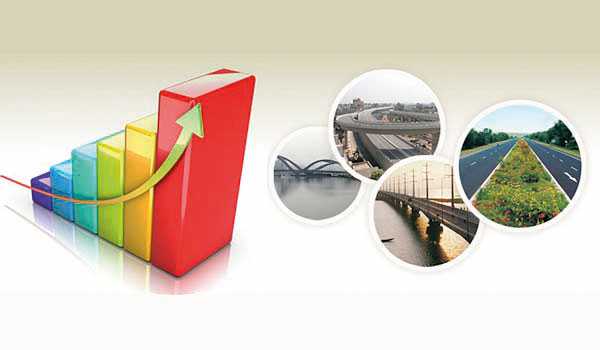Bangladesh pins hopes in various trade deals just after LDC graduation

Image: Collected
The government is reviewing its various trade agreements with 44 countries to find out the options of signing PTAs with them
As being Bangladesh waits for graduating from the least developed region (LDC) status in 2024, it really is increasingly emphasising bilateral, preferential trade contract (PTA) and no cost trade arrangement (FTA) to improve its export earnings within the next 3-6 years.
The country got the status of lower middle-income country status in 2015. It presently benefits from preferential tariffs because of its export of goods to some countries, nonetheless it might lose usage of such lower trade conditions once it graduates out from the least developed region list by 2024, as per the Environment Trade Organisation (WTO) rulebook.
According to sources in the Commerce Ministry, even following getting a middle-profits country position in 2024, Bangladesh could get three more years while "grace period" to take advantage all trade facilities liked by an LDC country.
By 2027, Dhaka aims to improve its coffers through export earnings riding on LDC status.
While an FTA stipulates free trade between countries, a PTA is a lot less broad covering preferential tariffs for a couple of products or services.
In line with the Commerce Ministry, the federal government is reviewing its various trade agreements with 44 countries to learn the options of signing PTAs with them.
Up to now, Dhaka has approached 11 countries for inking FTAs with them. The responses from these countries have been positive, the options said. Besides, significant improvement has been performed to signal PTA with Bhutan, Nepal and Indonesia, in line with the sources.
After signing with Bhutan, the PTA signing with Nepal has been advanced significantly, along with Indonesia's. The Commerce Ministry options explained that signing of FTAs or PTAs will be achieved with these countries.
Some 100 Bangladeshi products are certain to get duty free access in Bhutan after the PTA was signed.
These include garments, jute products, household leather goods, dry cell batteries, fans, watches, potatoes, condensed milk, cement, toothbrush, plywood, particle plank, mineral and carbonated normal water, green tea extract, orange juice, pineapple juice, and guava juice.
Alternatively, some 34 Bhutanese goods will get duty-free access to the Bangladeshi market.
Included in these are orange, apple, ginger, fruit juice, milk, organic honey, wheat or meslin flour, homogenised jam, fruit jellies, marmalades, soybeans, mineral drinking water, wheat bran, cement clinker, lime rock, wooden particle boards and wooden furniture.
Both the countries may also be in a position to increase the number of items slowly but surely through consultation. The trade between your two neighbouring countries nowadays stands at around $60 million, which was $25 million in fiscal 2012-13.
Source: https://www.dhakatribune.com
Tags :
Previous Story
- Container logistics dog seaborne ferrous scrap trade
- Oracle to go its headquarters to Texas
- Move away from growth delusion
- Tea cultivation creates 25,000 jobs in 5 northern...
- Digital Bangladesh: What it is and what it...
- Global Garment Industry Suffers from Coronavirus Pandemic
- HSBC launches 2nd edition of business excellence awards
- Bangladesh needs MSME legislation rather than SME policy